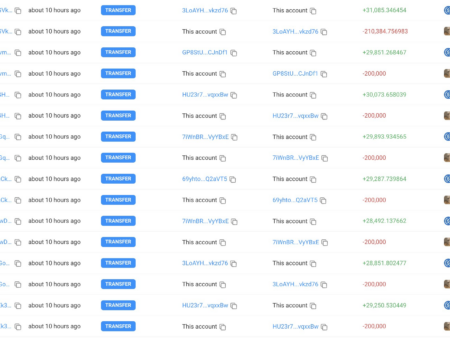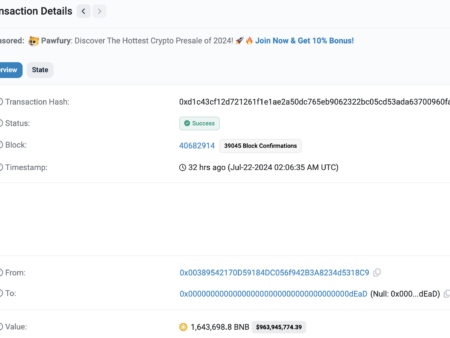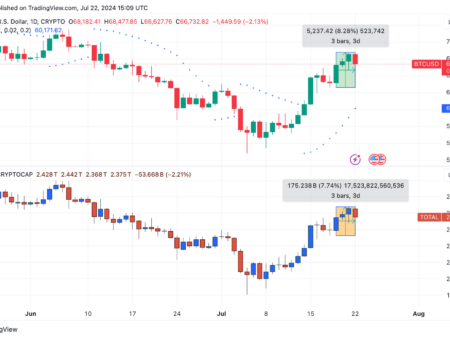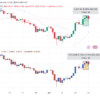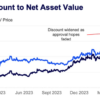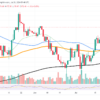
Lower Bitcoin fees are creating problems for miners. After the recent halving, average daily network fees skyrocketed, providing some relief to Bitcoin. miners. However, as the initial rush of users towards the Runes protocol has cooled, fees have decreased, putting new pressure on miners facing reduced rewards.
Lower Bitcoin fees are creating problems for miners. After the recent halving, average daily network fees skyrocketed, providing some relief to Bitcoin. miners. However, as the initial rush of users towards the Runes protocol has cooled, fees have decreased, putting new pressure on miners facing reduced rewards.
The higher fees had temporarily alleviated some of the post-halving stress on miners. For example, transaction fees accounted for 16% of the BTC earned by Marathon Digital in April, a significant increase from 4.5% in March. This increase in fees helped offset some of the financial strain caused by the halving, which typically forces miners to sell Bitcoin to cover the costs of creating new blocks.
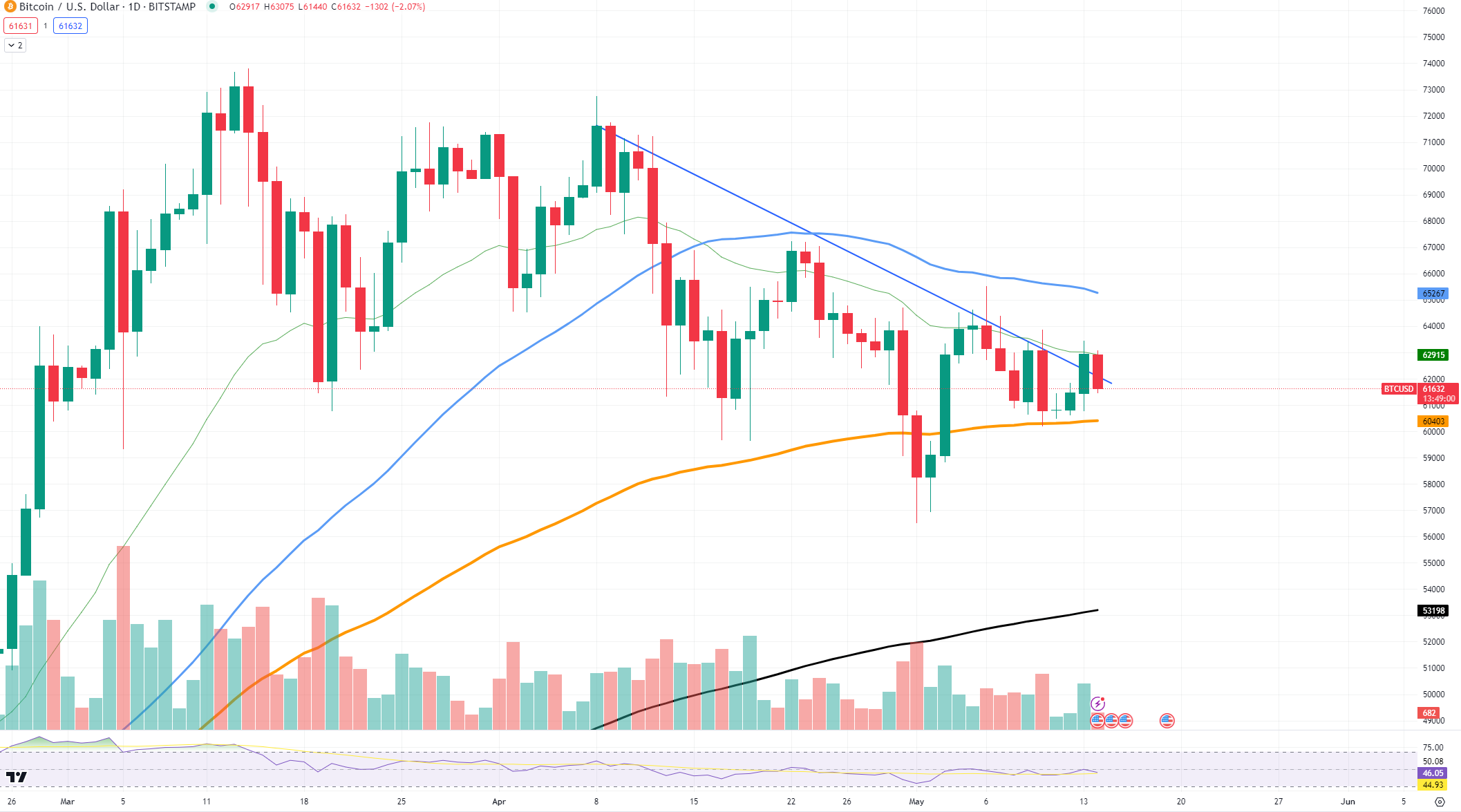
However, now that fees are falling, miners are feeling the pressure once again. Bitcoin miners typically hold BTC as circulating assets on their balance sheets, relying on their ability to sell holdings to fund operating expenses. This could lead to further selling pressure in the market if miners are forced to liquidate even a fraction of their holdings.
For example, Marathon Digital has 17,631 BTC worth over $1.1 billion, while Riot Platforms has 8,872 BTC worth over $500 million. If these miners are forced to sell, this could negatively impact Bitcoin markets, especially during the summer months when trading activity slows and liquidity dries up. Although the market depth has recovered to $407 million as of May 8, it fell as low as $250 million last August, indicating potential vulnerability.
Higher rates had temporarily eased post-halving tension. For example, in April, transaction fees accounted for 16% of the Bitcoin earned by Marathon Digital, up from 4.5% in March. This fee increase helped cover some of the costs associated with creating new blocks. However, now that fees are declining, miners are once again under pressure.
